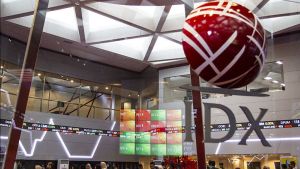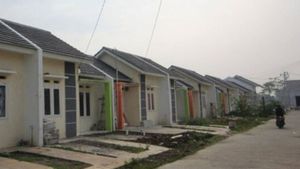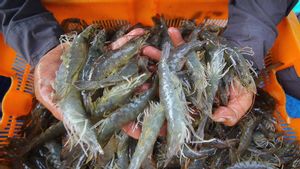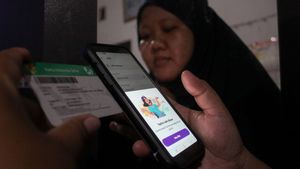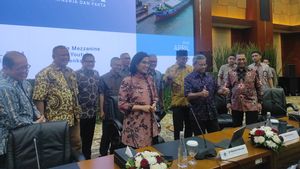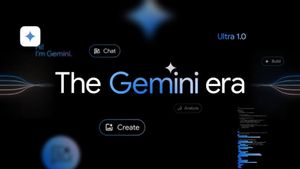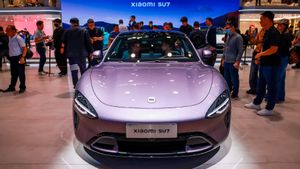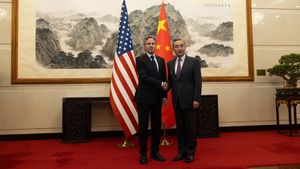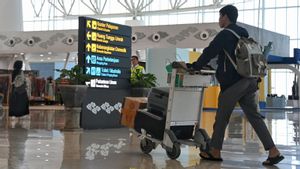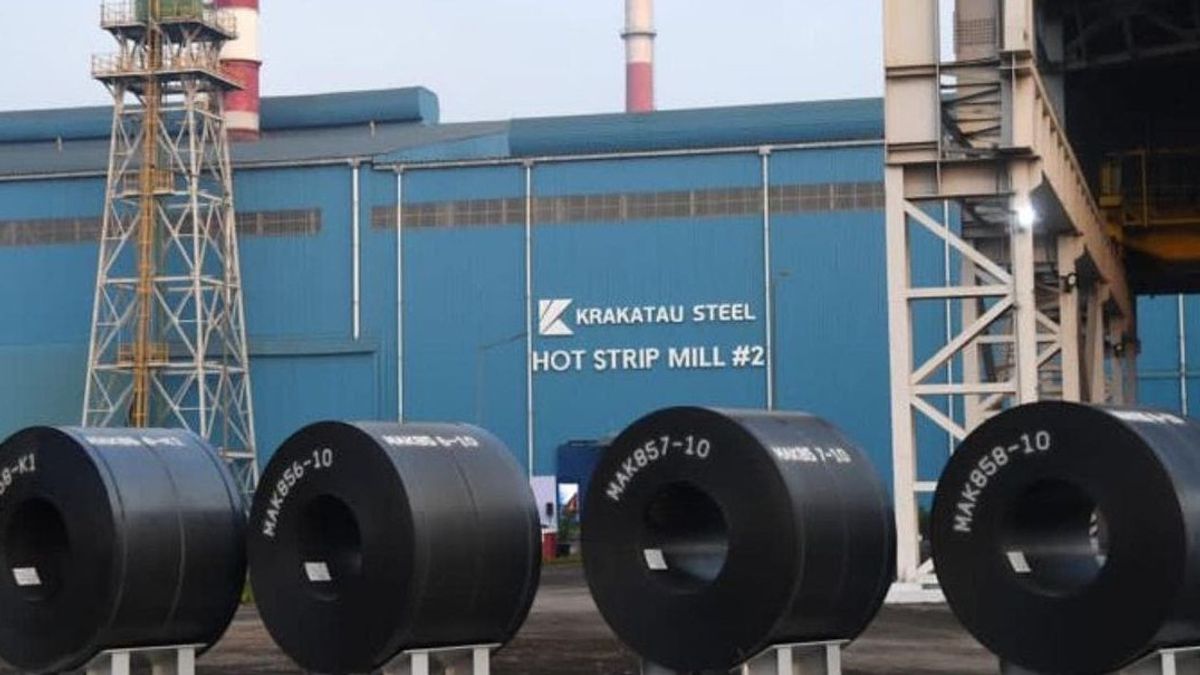
JAKARTA - President Director of PT Krakatau Steel (Persero) Tbk Silmy Karim said he was optimistic that Indonesia could suppress steel imports by increasing domestic industrial production. By suppressing imports, the country can save up to IDR 29 trillion. As is known, steel imports are currently still high.
"That's why Mr. President Jokowi said that we could save Rp. 29 trillion. If these imports could be managed better, it could be even greater (the value)," he was quoted as saying in an interview with IDX Channel, Wednesday, September 22.
Silmy said the data on steel consumption is increasing every year. In 2014 Indonesia's steel consumption reached 50 kilograms (kg) per capita per year. Meanwhile, in 2019, this number rose to 71 kg per capita per year.
Furthermore, Silmy explained that the normal demand for the domestic market is 4.5 million tons only for hot rolled coil (HRC). If conditions are not normal, such as during COVID-19, the domestic market needs will only be at 3.5 million tons. According to him, with the new factory owned by Krakatau Steel, which has a capacity of 1.5 million, domestic needs can be met. This means that Indonesia does not need to import.
"Well, the capacity of Krakatau Steel is 1.5 million tons, which we just launched yesterday. Previously there were 2.4 million tons. This means that Krakatau Steel itself is 3.9 million tons. In addition, another producer of HRC in Indonesia has 1 million tons. 3.9 plus 1 million, which means there are 4.9 million tons. If we look at the needs of only 3.5 to 4.5 million tons have been met. Imports should not be needed, "he said.
Silmy said the increase in steel consumption could be used as an opportunity for the national steel industry. However, this condition is actually used by unscrupulous traders to import. According to him, it is impossible for Indonesia to be anti-import, but must comply with the rules of the game.
"So if we import products that cannot be produced, then we have to fulfill the rules of the game, we must meet standards and what we build is an industrial ecosystem, an industrial cluster from upstream to downstream. and downstream can be synchronized," he explained.
According to Silmy, if the downstream sector is allowed to import, the upstream will be affected. Because the product does not work, because the downstream can already be met with imports. Then by importing dumping prices, of course it will damage the price structure.
"By destroying the price structure of the business, it is not optimal. Because you have to face dumping prices and it will make an industry in a country die. After death it will become 100 percent dependent on imports. That is dangerous. Indonesia is a big country with big dreams, if only losing to importers or losing to foreign products is very sad," he said.
For your information, in the fourth quarter of 2020, Indonesia has imported up to 1.1 million tons of steel with a value of 764 million dollars. This amount increased by 19 percent in the first quarter of 2021 to 1.3 million tons with a value of 1 billion US dollars.
Therefore, Silmy said in the future, Krakatau Steel will make a number of investments, such as building a processing and refining facility (smelter) and producing steel derivatives worth billions of dollars.
"So 700 million US dollars for CRM (steel derivative products), then the upstream (smelter) total may be around 3.7 billion US dollars or around 50 trillion rupiah for further investments," he said.
Silmy said that by 2025, the company will be able to build additional smelters. Not only that, Silmy also targets to add steel derivative products by 2022.
"We will increase production so that imports can be minimized, according to the direction of the President. Of course this (production increase) will also provide benefits for businesses and the state in the form of foreign exchange savings," he said.
The English, Chinese, Japanese, Arabic, and French versions are automatically generated by the AI. So there may still be inaccuracies in translating, please always see Indonesian as our main language. (system supported by DigitalSiber.id)


